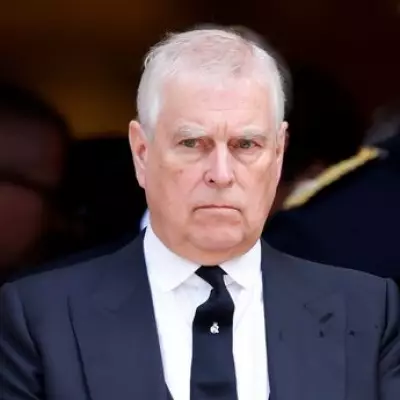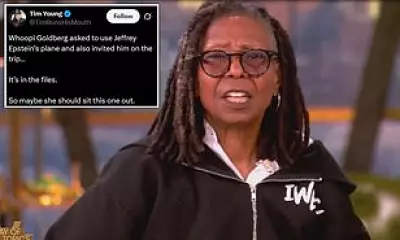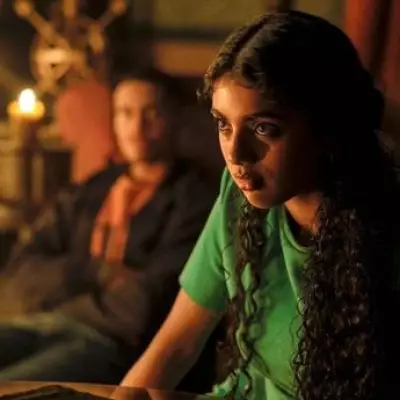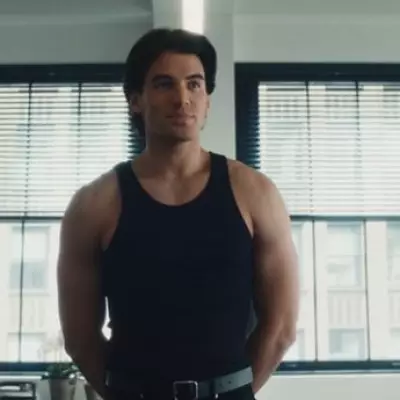
The head of the BBC, Tim Davie, has issued a sobering prediction that traditional broadcast television as we know it is living on borrowed time and could be effectively extinct within the next decade.
Speaking at a media industry conference, the Director-General stated that the corporation must accelerate its digital transformation to avoid being left behind. He painted a picture of a rapidly evolving media landscape where linear scheduled programming is being swiftly overtaken by on-demand streaming services.
A Digital-First Future for the Beeb
Davie emphasised that the BBC's future survival hinges on its ability to become a predominantly digital-first public service. This means a significant shift in strategy, prioritising the BBC iPlayer and its online platforms over its traditional broadcast channels.
"We will be one foot in the future, one foot in the past," he told attendees, acknowledging the challenging transition ahead. His vision involves building a modern, digital-led organisation that can compete with global giants like Netflix and Disney+.
The Countdown to the End of an Era
The DG's comments suggest that the 2030s will mark the final chapter for conventional TV broadcasting in the UK. This grim timeline is driven by changing viewer habits, with younger audiences in particular abandoning scheduled TV for the flexibility of streaming.
This declaration serves as one of the most definitive and stark admissions from a senior UK broadcaster about the terminal decline of the medium that defined 20th-century entertainment.
The message from the top is clear: adapt to the digital revolution now, or face irrelevance. The race is on for the BBC to reinvent itself before the final curtain falls on the broadcast era.





